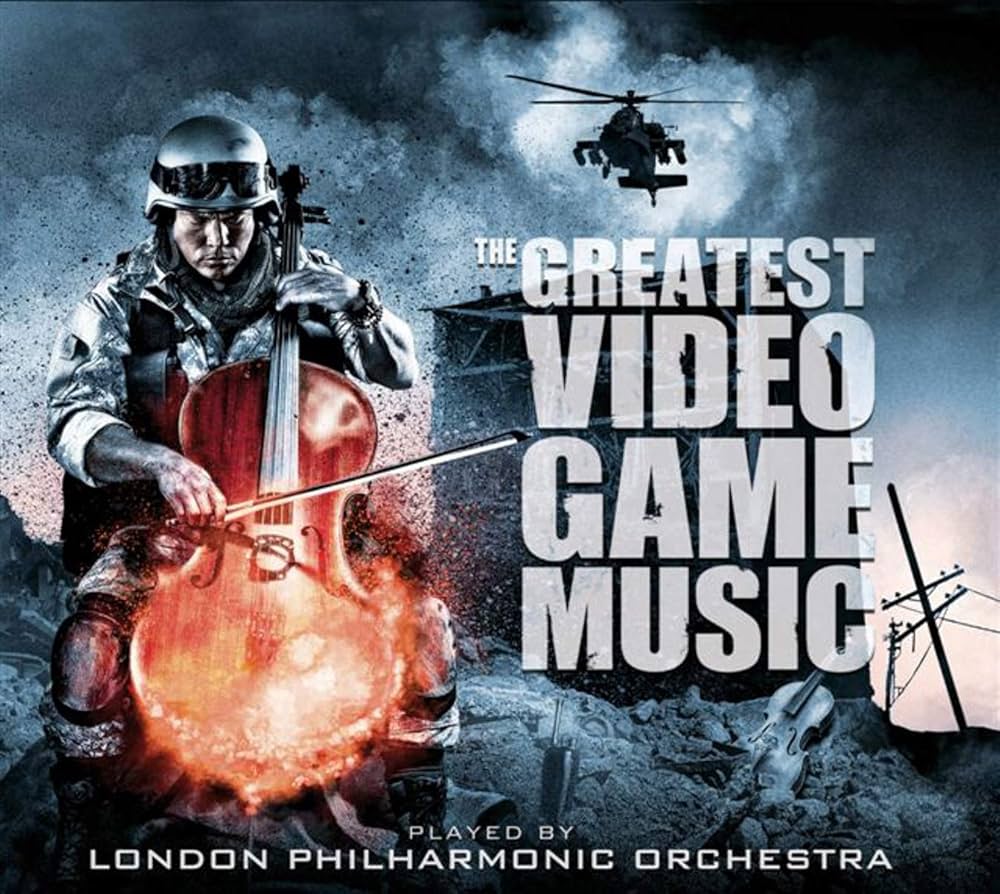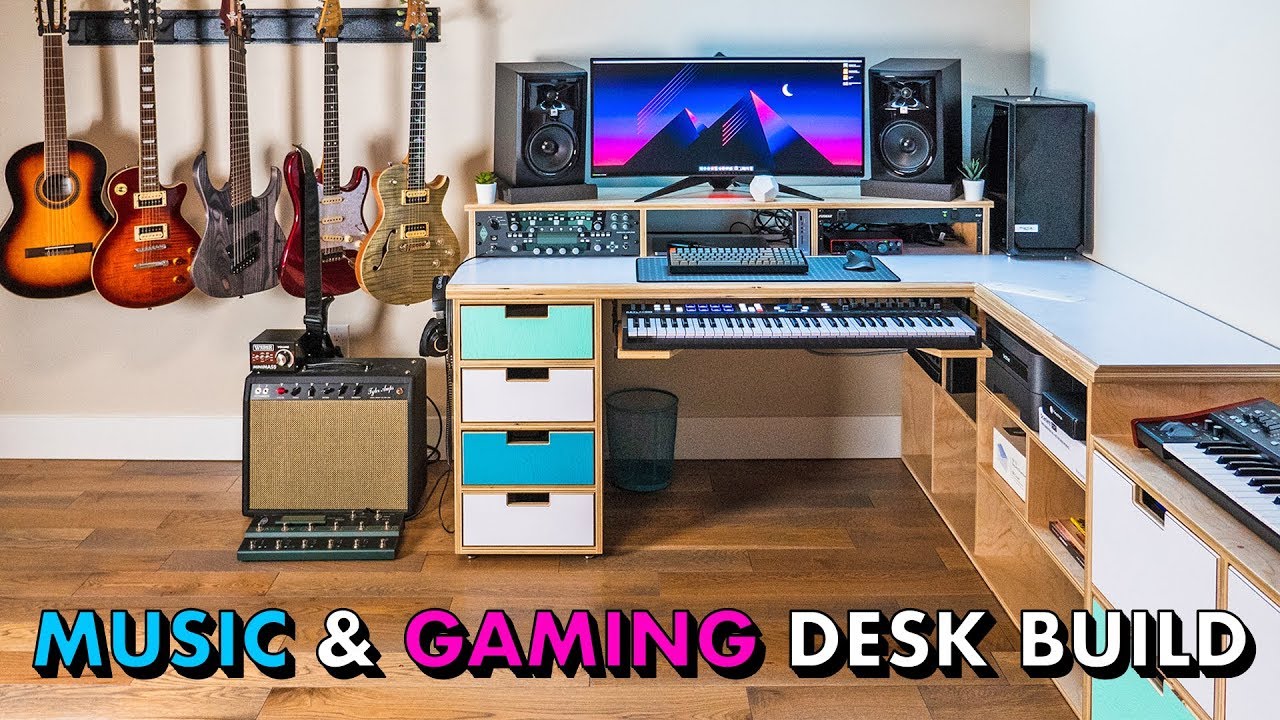When we think of video games, we often picture stunning graphics, epic storylines, and innovative gameplay. But there's another, equally important element that works behind the scenes to create and complete the experience: music. Music is not just a background score; it's the soul that breathes life into virtual worlds, guides our emotions, and makes moments unforgettable.

The Emotional Power of Music
Music has a profound psychological effect, capable of evoking strong emotions ranging from joy and tension to sadness and triumph. Studies have shown that pleasurable responses to music are linked to the activation of brain regions responsible for reward and emotion [1]. Game developers leverage this power to deepen the player's connection to the game. A calm melody can enhance the sense of exploration in an open world, while an epic score can raise the adrenaline in a boss battle.
"Where words fail, music speaks." - Hans Christian Andersen
Music as a Tool for Narrative and Atmosphere
Music plays a vital role in storytelling and creating the right atmosphere. In games like The Last of Us, the melancholic and minimalist compositions of Gustavo Santaolalla reflect the game's bleak world and the characters' journey of loss and hope [2]. In contrast, games like Silent Hill use dissonant and industrial music to create a constant sense of horror and tension, making the player feel trapped in a hostile environment.
| Role of Music | Examples from Games |
| Creating Atmosphere | The eerie tunes in Silent Hill to create tension. |
| Enhancing Narrative | The sad music in The Last of Us to deepen the story. |
| Guiding the Player | An intense combat theme indicating nearby danger. |
| Creating an Identity | The iconic and unforgettable melodies of Super Mario. |

Interactive Music: The Future of Game Music
With technological advancements, game music is no longer just a static loop. The concept of interactive or dynamic music has emerged, where the music changes and reacts to the player's actions and the game's state. In The Legend of Zelda: Breath of the Wild, the music seamlessly transitions from calm melodies during exploration to rhythmic and intense tracks during combat [2]. This interaction makes the world feel more alive and responsive, greatly enhancing player immersion.
Memory and Nostalgia
One of the most powerful effects of game music is its ability to create indelible memories. Many gamers can instantly recall the tunes of their childhood games, and hearing that music again can transport them back to those joyful moments. Research has shown that music can evoke more vivid and detailed autobiographical memories than visual cues [3]. This deep connection between music and memory is what makes some games timeless in our minds.

Conclusion
Next time you play your favorite game, try to listen closely to the music. You'll discover that it's not just an addition, but an integral part of the experience. It's what laughs with you in moments of triumph, cries with you in moments of sorrow, and pushes you to move forward in the toughest challenges. It is the universal language that all gamers' hearts understand.
